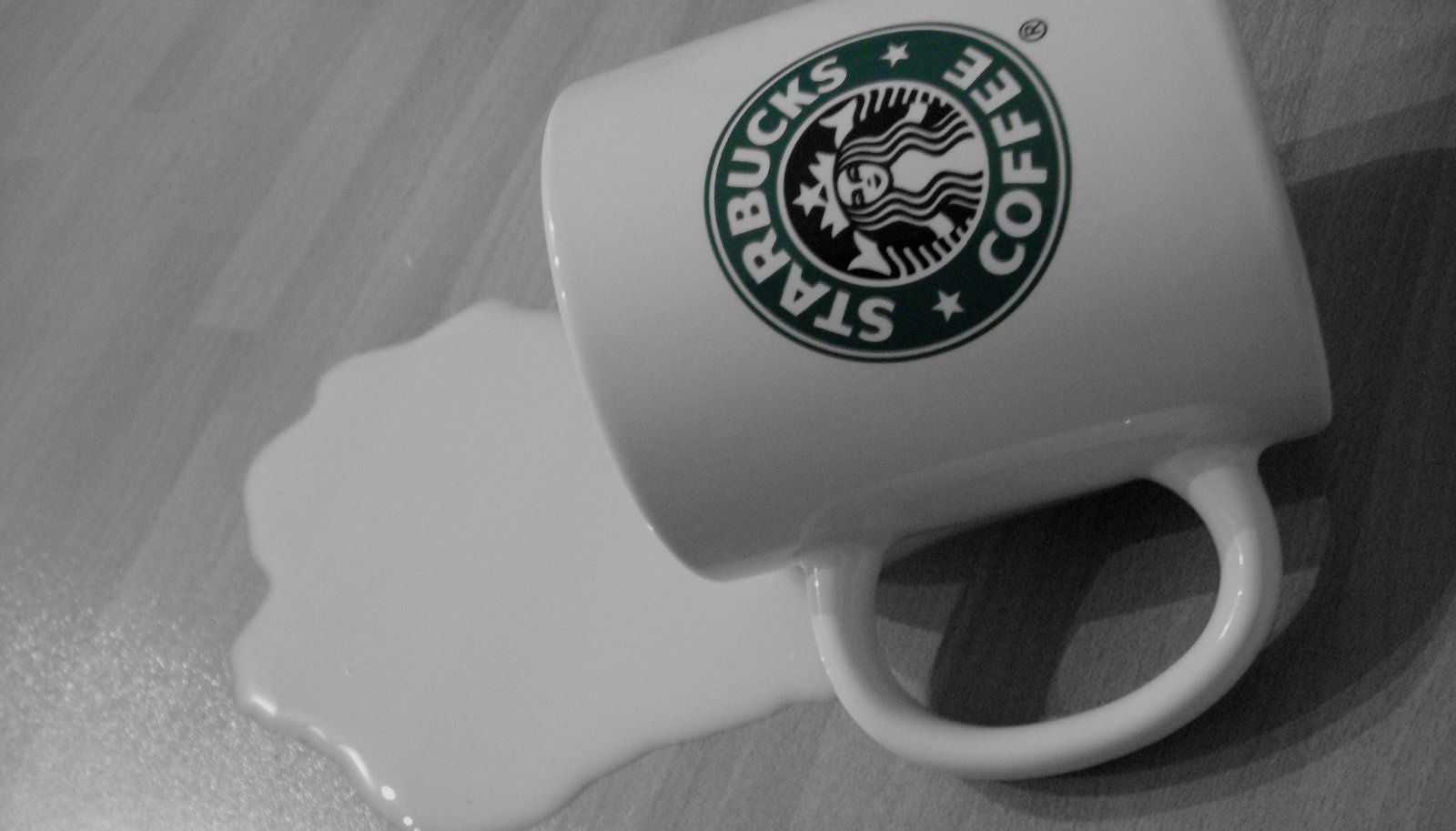Starbucks plans to fight inequality by selling poor people Starbucks coffee
This article has been corrected.


This article has been corrected.
The ridicule and confusion that accompanied Starbucks’ last act of benevolence has apparently motivated it to do more. The company announced today that it plans to open 15 new stores in low-income and minority-heavy neighborhoods in the US, as part of its goal of creating jobs and expanding further into urban areas.
One of the stores will be in Ferguson, Missouri, where racially-charged protests followed the shooting of unarmed black teenager Michael Brown by a white police officer. The initiative coincides with CEO Howard Schultz’s recent pledge to give 10,000 young Americans who are out of work or out of school jobs in the next three years.
The stores will all come with the addition of an onsite training space to bestow youth in those communities with customer-service skills, with the aim of boosting their future employability.
Other store locations, slated to open in the first half of 2016, will include the south side of Chicago, the Jamaica neighborhood of Queens, New York, Phoenix, Arizona, and Milwaukee, Wisconsin. The company has not yet finalized the other 10 locations, but Starbucks spokesperson Alisha Damodaran tells Quartz they will all be open by 2018.
The company considered the socioeconomic makeup of cities and consulted with local leaders and nonprofits to find communities in the process of rebuilding, according to Damodaran. “There is a strong network of non-profits and civil leaders in those communities working hard to rebuild and give opportunities to these young people,” she says of the new branch locations.
The question is whether low-income consumers in these communities will buy enough Starbucks coffee to keep the stores going. The company has hiked its already high coffee prices in US stores for three summers running, thanks to rising costs for coffee, labor, and rent, among others.
Damodaran says the company plans on turning a profit at the new locations, which were chosen based on growing demand for its products. “We also see a clear opportunity for our business to bring new opportunities to young people,” she adds. The stores will also partner with local businesses, including an agreement with Ferguson baker Natalie DuBose to sell her “signature caramel cake chunks,” both at the Ferguson store and other locations in St. Louis.
Regardless of the outcome, it’s hard to imagine a worse ending to this initiative than its “Race Together” campaign, which involved slapping the slogan “Race Together” on coffee cups and encouraging baristas to awkwardly discuss race with customers. A week after that announcement, the company said it had completed “this phase of the effort.”
Correction (July 17): A previous version of this post incorrectly stated that Starbucks’ final 10 locations will open in 2016, instead of 2018. It also stated that onsite training spaces at new locations would be for employees and community youth. The training spaces will only serve community youth.